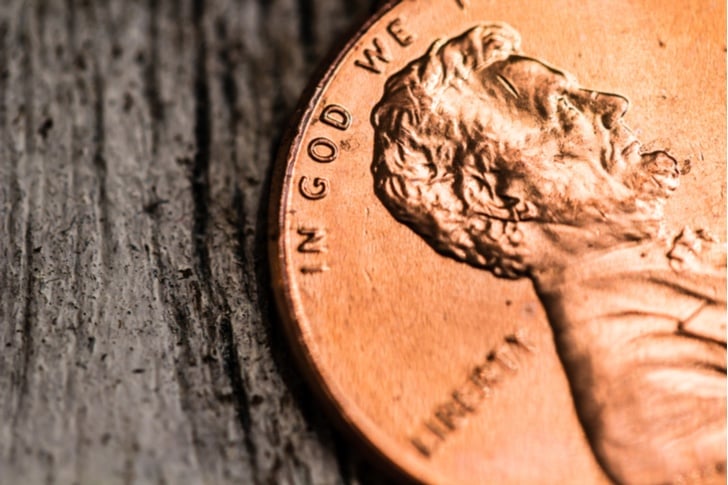Penny Stock Reform Act
DEFINITION of Penny Stock Reform Act
 The penny stock reform act is a piece of U.S. securities legislation enacted in 1990 that sought to clamp down on fraud in non-exchange-listed stocks priced below $5 that generally trade in the over-the-counter (OTC) market, often called penny stocks due to they low share price. The Penny Stock Reform Act – which was part of the “Securities Enforcement Remedies and Penny Stock Reform Act of 1990” – was signed into law by president George H.W. Bush on Oct. 15, 1990, to deal with the growing incidence of penny stock fraud in the 1970s and 1980s. The law attempted to impose more stringent regulations on broker/dealers who recommended penny stocks to clients, and also promoted establishing a structured electronic marketplace for quoting such securities.
The penny stock reform act is a piece of U.S. securities legislation enacted in 1990 that sought to clamp down on fraud in non-exchange-listed stocks priced below $5 that generally trade in the over-the-counter (OTC) market, often called penny stocks due to they low share price. The Penny Stock Reform Act – which was part of the “Securities Enforcement Remedies and Penny Stock Reform Act of 1990” – was signed into law by president George H.W. Bush on Oct. 15, 1990, to deal with the growing incidence of penny stock fraud in the 1970s and 1980s. The law attempted to impose more stringent regulations on broker/dealers who recommended penny stocks to clients, and also promoted establishing a structured electronic marketplace for quoting such securities.BREAKING DOWN Penny Stock Reform Act
The Penny Stock Reform Act used a two-pronged approach of more regulation and better disclosure to achieve the objective of reducing penny stock fraud. First, it granted the Securities and Exchange Commission (SEC) administrative power over penny stock issuers, brokers and dealers. Second, the act required penny stock brokers and dealers to disclose to potential customers general information about the penny stock market, and specific information about the penny stocks such customers proposed to purchase.
Penny stocks are usually issued by very small companies with minimal levels of net tangible assets and annual revenues - and which fall below the listing requirements needed for trading on national exchanges. Penny stock transactions and abusive activities associated with them – such as “pump and dump” schemes and account “churning” – grew substantially in the U.S. from the mid-1980s onward. Advances in technology and telecommunications contributed to the dramatic rise in interstate “boiler room” operations where promoters used high-pressure sales tactics to convince unsuspecting investors to invest in dubious penny stocks.
In its report on the 1990 act, the House Committee on Energy and Commerce identified two main factors that had spurred the growth of penny stock fraud:
1) A lack of public information on these stocks, which facilitated price manipulation; and
2) The presence of a large number of promoters and others associated with penny stock issuers and broker-dealers who were repeat offenders under securities laws, convicted felons or had ties to organized crime.
Often such promoters of penny stocks would participate in pump and dump schemes, often involving internet chat forums in order to spread information and coordinate the pump and dump. Because penny stocks, especially in OTC or pink sheet markets, have low share prices and limited liquidity, large coordinated purchases could drive the price significantly higher, in percentage terms, in a short amount of time - leaving unsuspecting investors victims when they offload their artificially increased prices to them.




Post a Comment